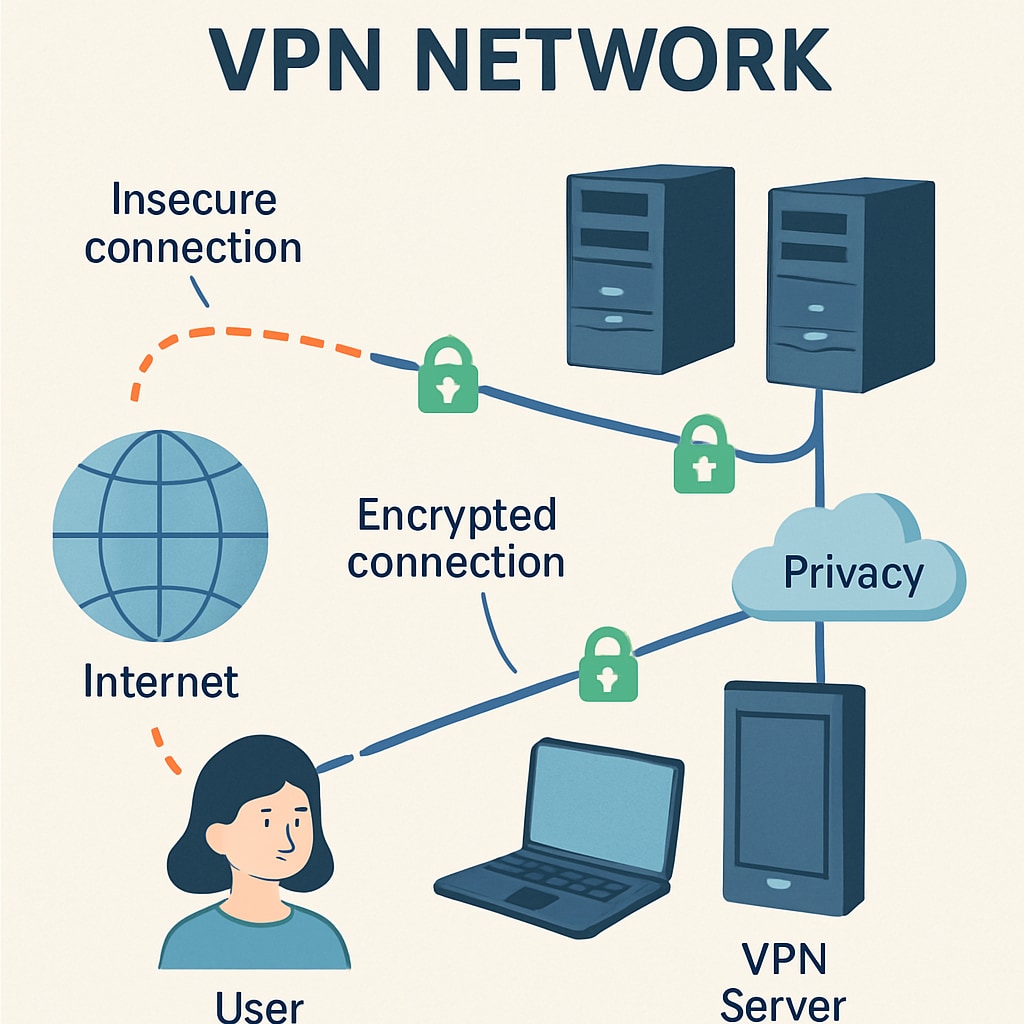The introduction of the UK’s age verification law has sparked a notable surge in VPN usage. This legislation, designed to restrict access to adult content online by mandating age checks, has raised privacy concerns among internet users. As a result, virtual private networks (VPNs) have become a popular tool for bypassing these restrictions while safeguarding user anonymity.
Understanding the UK Age Verification Law
The UK’s age verification law aims to protect minors from accessing adult content by requiring websites to implement robust identity checks. Under this regulation, users must provide personal information, such as ID documents or credit card details, to prove their age. While the intent of the law is commendable, critics argue that it compromises user privacy and creates potential cybersecurity risks.

For example, storing sensitive personal data on websites increases the risk of data breaches. Users are concerned about how their information may be stored, shared, or misused—issues that have driven many to seek alternative solutions like VPNs to access the web securely.
Why VPN Usage Is On the Rise
VPNs (Virtual Private Networks) are a technology that encrypts internet traffic and masks users’ IP addresses. This makes it nearly impossible for third parties to track online activity or enforce geographic restrictions. With the implementation of the UK age verification law, VPNs have become an essential tool for users seeking to preserve their privacy and maintain unrestricted access to online content.
Some key reasons behind the surge in VPN adoption include:
- Privacy concerns: VPNs allow users to avoid sharing personal data required by age verification systems.
- Access to blocked content: VPNs enable users to bypass geographic restrictions imposed by websites complying with the law.
- Improved security: VPNs protect user data from cyber threats, such as hacking or identity theft.

The Broader Implications of VPN Usage
The increased reliance on VPNs in response to the UK age verification law reflects broader issues surrounding internet regulation. While legislation is often enacted with positive intentions, unintended consequences, such as reduced user trust and accessibility challenges, frequently arise. For instance, VPN usage may inadvertently undermine the law’s effectiveness by allowing users to circumvent its restrictions entirely.
Moreover, the surge in VPN adoption highlights a growing demand for digital privacy solutions. Governments worldwide may need to consider the balance between protecting vulnerable populations and ensuring internet freedom. As a result, ongoing discussions around data privacy and regulatory frameworks are likely to intensify in the coming years.
For more information about VPN technology, visit Virtual Private Network on Wikipedia. Additionally, explore VPN basics on Britannica for further insights.
Conclusion: Navigating the Future of Online Privacy
The UK age verification law has drawn attention to the critical balance between protecting minors and preserving user privacy. As VPN usage continues to rise, policymakers and technology advocates must address the growing demand for secure and accessible internet solutions. Whether through improved legislation or innovation, the quest to safeguard online privacy remains a pressing issue in the digital age.
Readability guidance: This article uses concise paragraphs, active voice, and transition words to ensure clarity. Lists are employed to break down complex ideas, and external links provide authoritative context.


